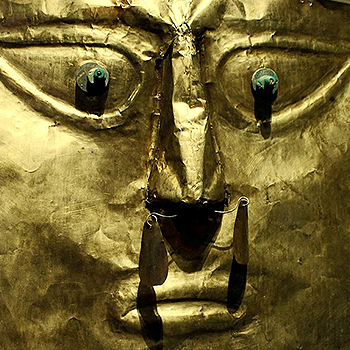An expensive piece of jewelry — a beryl coronet — is used as collateral to secure a loan. The banker, Alexander Holder of Streatham, feels that his personal safe at the bank isn’t secure enough, so he takes it home for safekeeping. When he awakens in the night, he finds his son Arthur with his coronet in his hands, apparently trying to bend it out of shape. Holder’s niece, Mary, shows up amidst the shouting, and when she sees the damaged coronet, she faints. Three beryls are missing. Holder, panicked beyond words that he will be dishonored and cause a nationwide scandal, seeks out Holmes, who agrees to take the case.
Holmes tells him that Arthur is innocent, despite all signs to the contrary. Arthur refuses to give his statement, which would seem to confirm condemnation. Holmes, having exceptionally strong hands by his own admission, could not bend the coronet, so he feels it’s inconceivable that Arthur could have broken it at all, let alone doing so without making noise.
There is some background drama involving a maid and her wooden-legged boyfriend, and some fingers are pointed towards Arthur’s friend, Sir George Burnwell, being a bit of a ne’er-do-well. Holmes sets himself to the particulars of the case, learning that Mary was involved with Burnwell, though she was unaware of his character. Arthur, in love with his cousin, saw her pass the coronet through the window to Burnwell (unidentified at the time), and Arthur attempted to take it back. It was broken in the struggle. Arthur allowed his father to think he was the thief in order to protect Mary. Classic misdirection with a satisfying bit of justice in the end. Holmes gets his man, recovering the coronet at gunpoint from Burnwell.
As many times as I’ve read this story, I don’t think I’ve really thought about this before now, but there are some holes that need filling. Who owned the coronet? Why was the loan needed in the first place? These points are not explained in the tale. Perhaps they were not important at the time to Conan Doyle, but it’s got me curious now.




![1380297-1440x900-[DesktopNexus.com]](/ai/046/659/46659.jpg)

